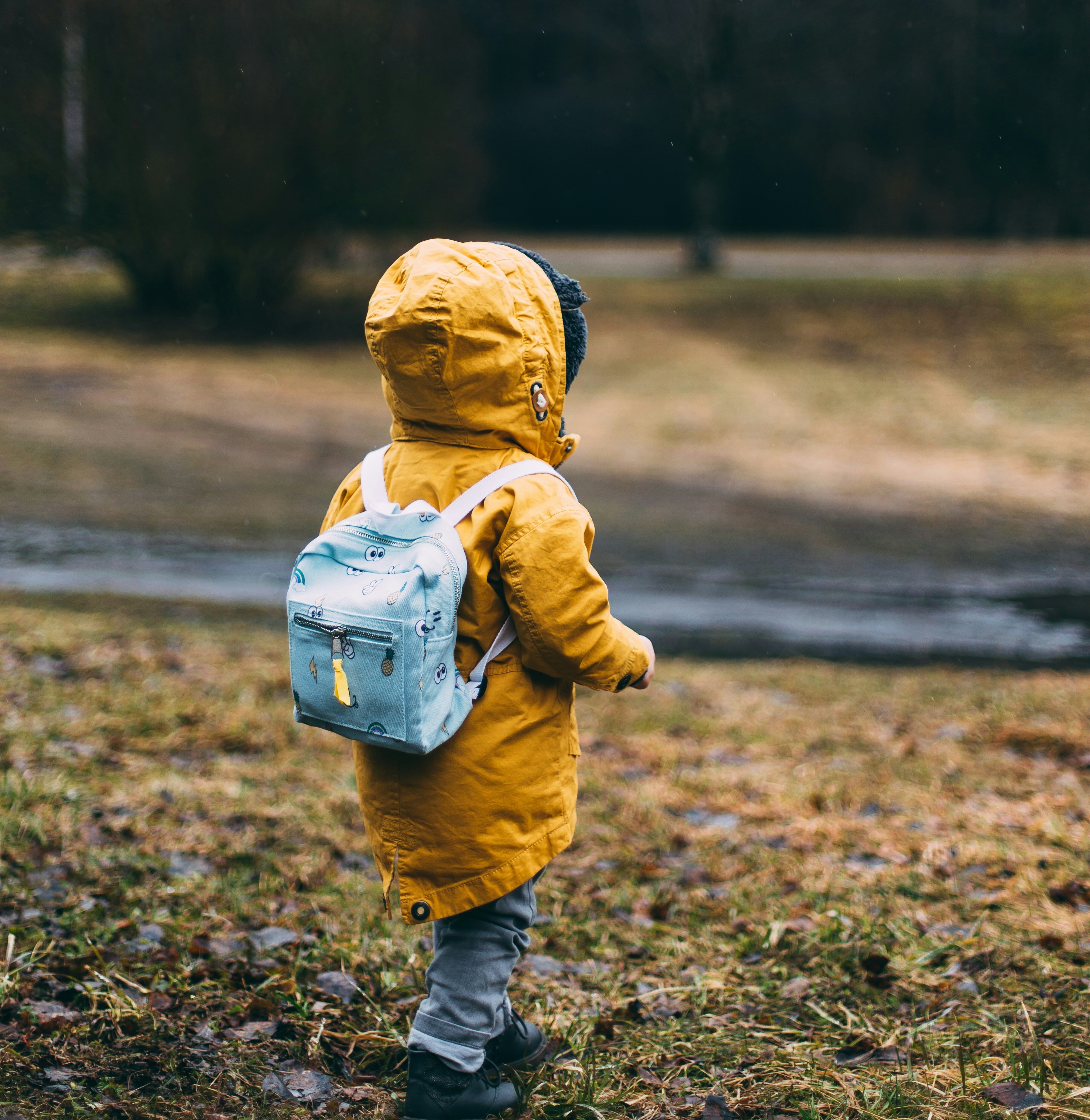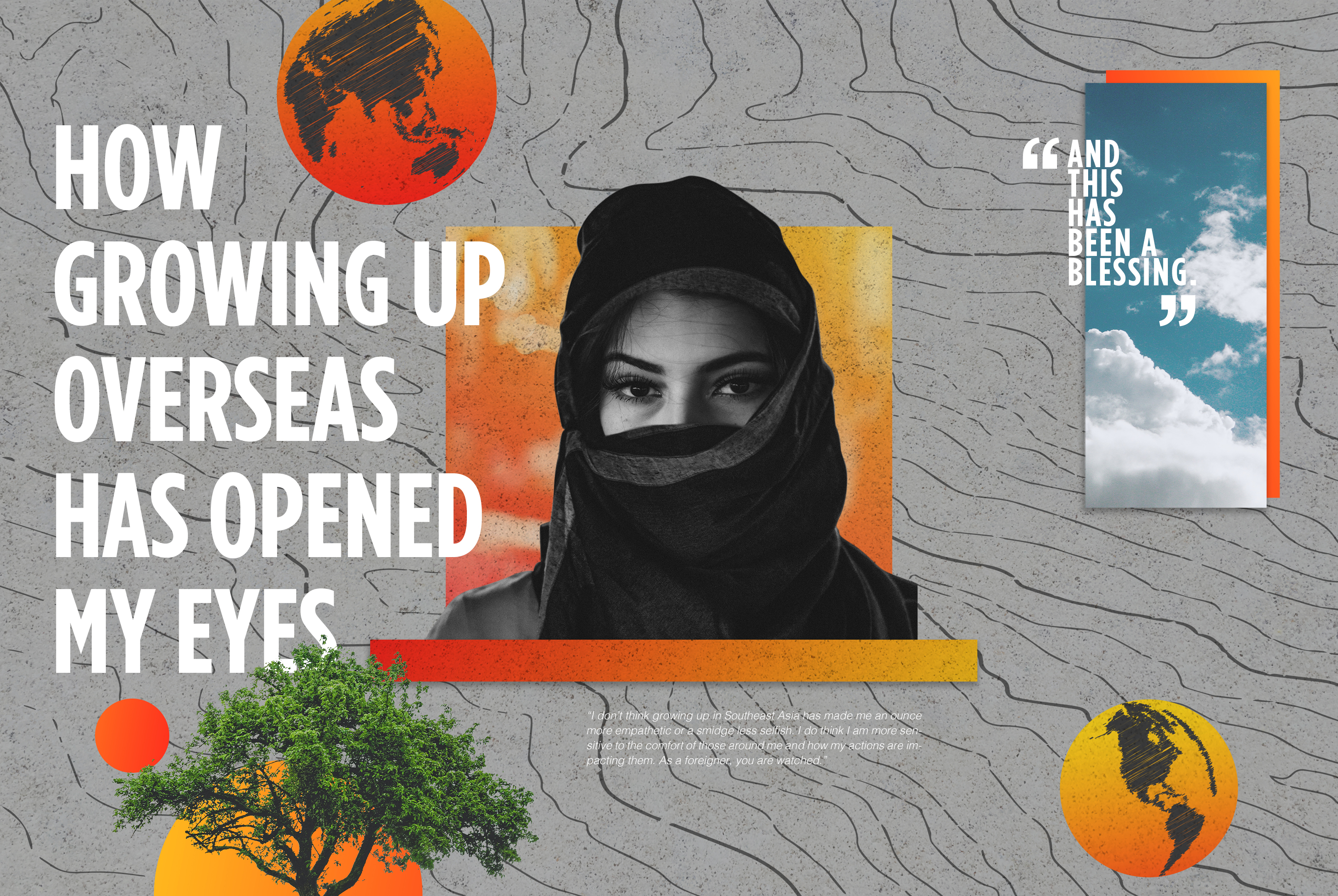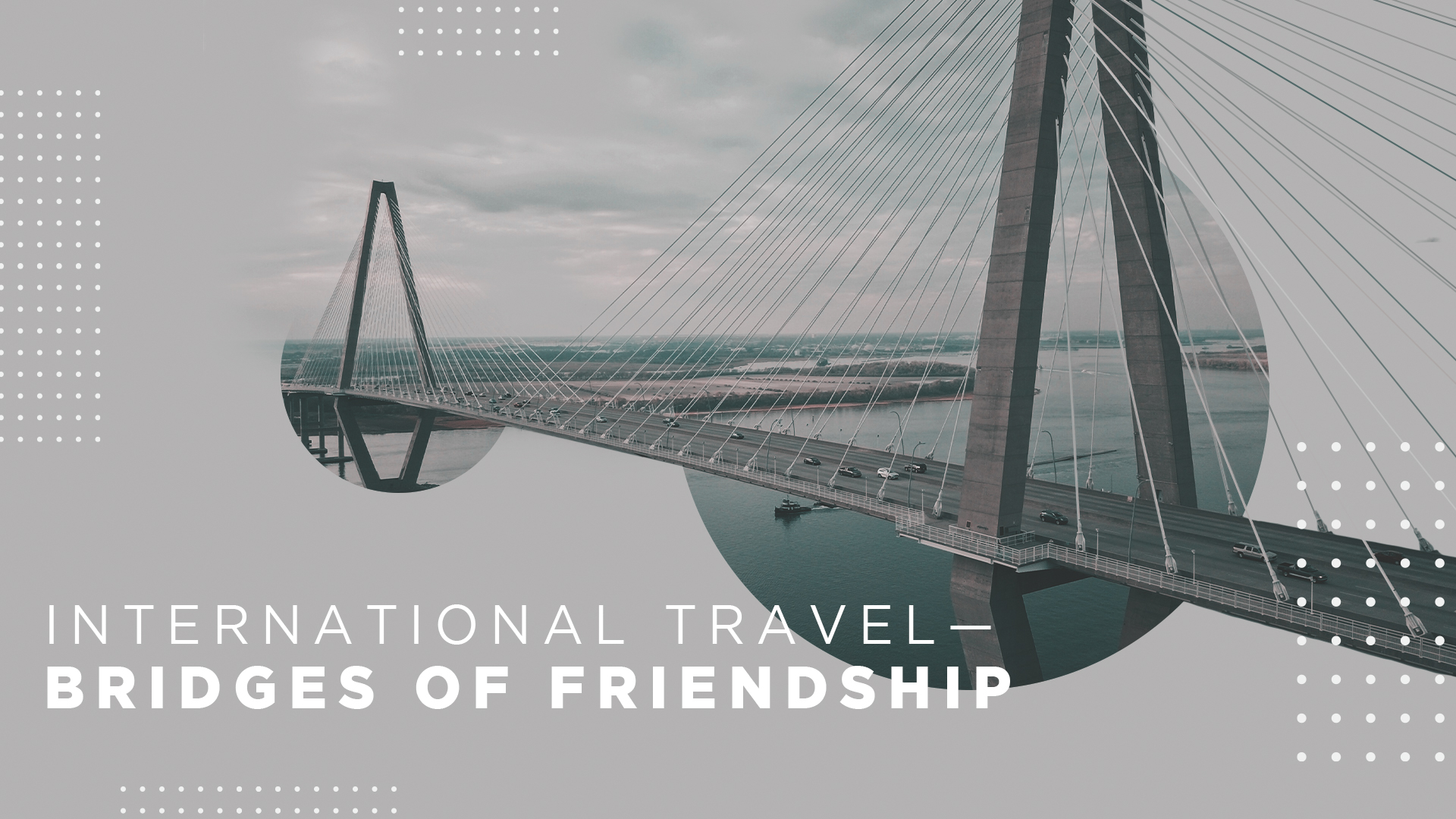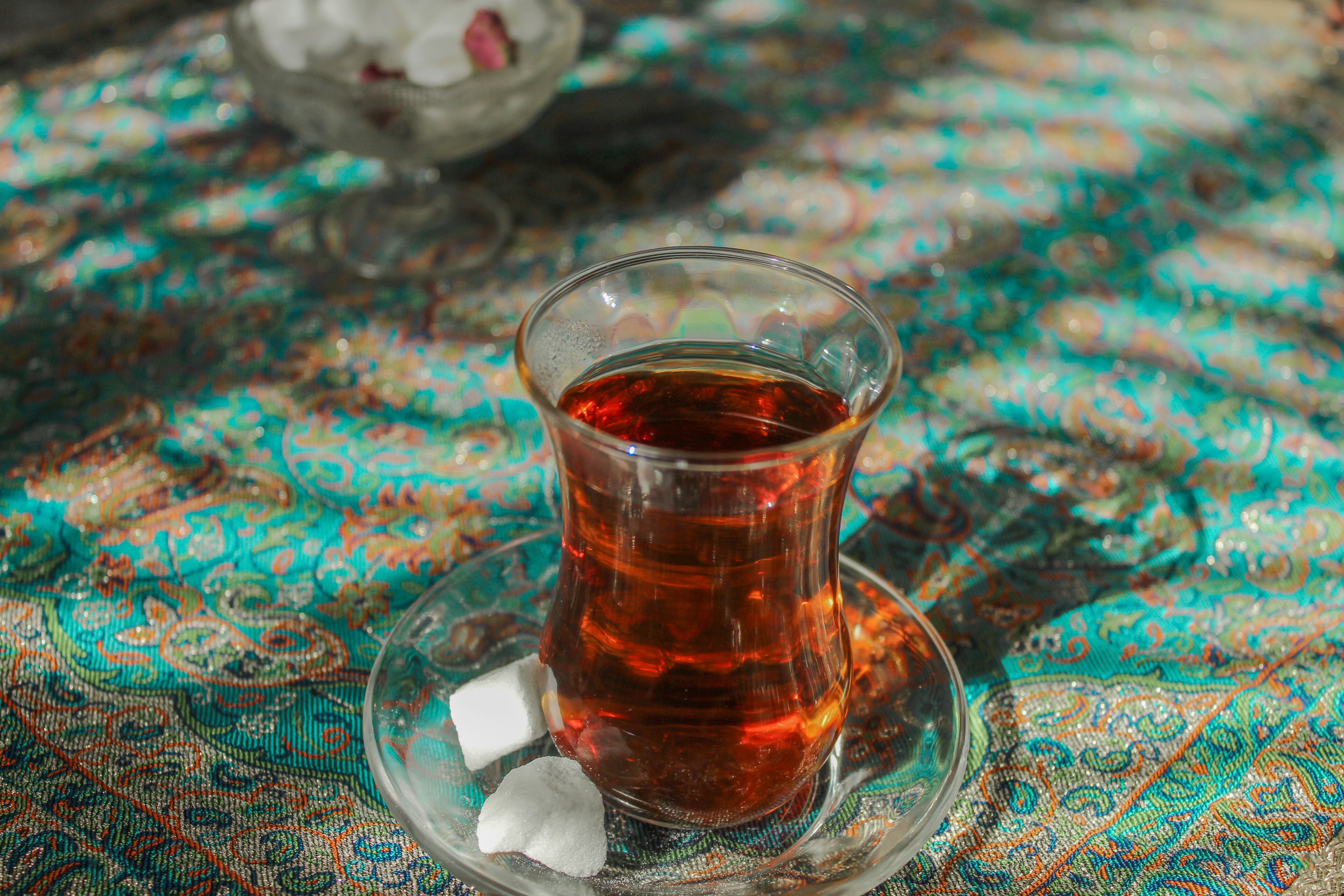Mark moved to Kurdistan (an autonomous region of Iraq) three years ago, following a pull towards the challenge of cross-cultural life in this region and looking for a way to use his giftings to help others. In his three years teaching English there, he has learned so much from the kindness and generosity of the people around him, and he’s even gotten the chance to work in some other countries in the Middle East.
Teaching has always appealed to me. While I didn’t like public speaking as a teenager, I enjoyed helping people learn. I also enjoyed foreign languages and studying other cultures, so this organization was a natural combination of my interests and talents.
But teaching wasn’t Mark’s dream from the beginning. He started out using his bachelor’s in business administration for a job in aircraft maintenance and management.
It was a fine career, but I soon felt the urge to use more of my talents in teaching and helping people grow.
The Middle East is home to a beautiful variety of cultures and landscapes, but it can be a challenging place to live, especially for a Westerner who hasn’t grown up in the culture. Political instability, the refugee crisis, and cultural tensions are significant issues in this part of the world, and Iraq is no exception. But these difficult situations are a part of what drew Mark to Iraq over other countries.
I chose Iraq because I knew it was a hard place, and I like challenges. I feel called to go where others don’t want to go.
I have been able to travel to other countries in the region, and some of them are impoverished, even risky places to visit without the proper government approval. [ELIC teachers always travel legally with the approval of local governments.] But it’s in the hard places that I have sometimes felt most at home. As someone has said, I have been “ruined for the ordinary.” I’ve met people with sad life stories and difficult lives, but they still strive to learn and be hospitable despite their trials. I remember one student in particular who gave each of his teachers a traditional hat and a new tribal name in appreciation for our instruction. He did this even though he had little to provide for his own family.
Mark has noticed that friends and family back in the States are often surprised to hear about this next-level generosity.
Many people have preconceived notions about the Middle East, so it’s difficult to explain the deep well of hospitality I have experienced in Iraq. Neighbors, friends, and strangers are always ready to welcome a foreigner for a glass of chai or a luxurious meal. The Kurdish language is full of expressions to welcome guests and inquire about health and family. In restaurants, they will often insist on having the honor of paying for the meal. During the heat of summer, every home and store is stocked with extra bottles of water. If I even wave to a neighbor or shopkeeper, they will be prompt to offer me water. Kurds are among the most hospitable people I have met.
Experiencing Kurdish hospitality is what introduced Mark to one of his favorite flavors of the region—Kurdish chai.
One of the most satisfying things to do in Kurdish culture is to partake in a meal with friends and top it off with a fine glass of Kurdish tea. You won’t find tea served like this in America unless you happen to meet a Kurdish family. It’s usually black tea brewed with cinnamon sticks and cardamon pods and served steaming hot with way too much sugar.
Building community in your second culture is another challenge for overseas teachers. Mark has learned what it takes to navigate the social aspect of his cross-cultural life.
Living overseas can be lonely if I’m not intentional about making friends in the community and with my team. Thankfully, Kurdish people are very friendly, so it’s easy to make friends. One of my closest friends has a Master’s degree in International Relations, but the only job he can find is working for his brother-in-law in a bakery. During my first months in Kurdistan, I passed his bakery almost every day. One day, he asked me where I was from, and we’ve been friends ever since. He is a genuine and helpful friend. Sometimes, I still visit him at work and even get to help him in the bakery while we both practice each other’s native language. We are so close that he asks me to help him vet potential girlfriends.
This kind of close friendship—genuine cross-cultural community—is one of the most beautiful things about the work our teachers do! In the Middle East, the intentional approach needed to overcome language and cultural barriers to build relationships includes navigating a very different approach to time than most Westerners are used to.
Middle Eastern people view time differently. In Western cultures, time is generally a measurement of productivity, to be prioritized, scheduled, and followed. In the Middle East, time is the measurement of love. Relationships are prioritized while time and schedules must be submitted to the most important thing (the people around you). When I moved to Kurdistan, it was very difficult to switch my thinking about time. I wanted to schedule my time so I would be productive, and while I still try to schedule during work hours, I have to prioritize relationships over productivity. But this is honestly very refreshing. My friendships have been so much richer and more fulfilling since I realized that time is not being wasted but invested in deep relationships.
The social evening is just beginning at 9 or 10 o’clock in Kurdistan. It’s common to get an invitation to hang out around 10:00 p.m. One of my friends finishes his work at 9:00 pm and will pick me up at 10:00. We hang out until past midnight, eating a shawarma sandwich, drinking tea, or going to a thrift market. Even if we both have to wake up early the next day, we may still go out. He is one of my closest friends, even though it’s difficult to hang out so late.
Mark sought out a challenge because he cares for people regardless of (or even because of) cultural differences. The result has been a flourishing community with deep, authentic friendships and thousands of cups of hot, sweet Kurdish tea.
Are you interested in teaching and building a community overseas? Discover the beautiful places where we teach!




